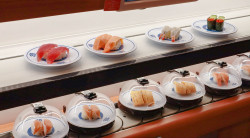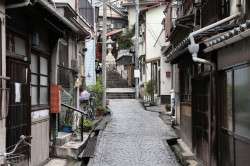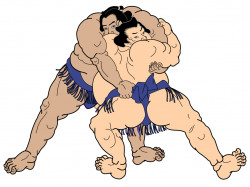
November 26, 2009
Chronicles of My Life: An American in the Heart of Japan
Originally published on metropolis.co.jp on November 2009 When Donald Keene was awarded the Order of Culture last year, there was really only one sensible reaction: what on earth took them so long? As a translator, scholar and historian, the 87-year-old is virtually unrivalled in his contribution to furthering understanding of Japanese literature in the West—and, […]
By Metropolis
Originally published on metropolis.co.jp on November 2009
When Donald Keene was awarded the Order of Culture last year, there was really only one sensible reaction: what on earth took them so long? As a translator, scholar and historian, the 87-year-old is virtually unrivalled in his contribution to furthering understanding of Japanese literature in the West—and, it must be said, here in Japan too.
Yet to hear him tell it himself, Keene found his vocation almost by accident. “When I was a child (and even much later), there was almost nothing to make me think of Japan,” he writes at the start of this succinct, thoroughly engrossing memoir. Though blessed with a fierce intellectual curiosity, Keene wouldn’t begin to grapple with Japanese culture until he enrolled at Columbia University. There, he learned written Chinese from a classmate before an impulse purchase of Arthur Waley’s translation of The Tale of Genji inspired him to dally with Japanese instead.
With the outbreak of World War II, this became a full-time job. Keene applied to the US Navy Japanese Language School and spent a year training as a translator and interpreter—a task for which the country’s sizable Japanese-American population wasn’t considered sufficiently trustworthy. His skills would be put to use interviewing prisoners and translating diaries taken from the corpses of Japanese soldiers. “The first Japanese I ever really knew… were dead by the time I met them,” he writes.
After the war, Keene studied at Harvard and Cambridge before finally returning to Japan in 1953. It was during his stay in Kyoto that he compiled the influential Anthology of Japanese Literature, a staple text for university undergraduates whose success, he bashfully admits, might have been down to “beginner’s luck.” His subsequent career would see him translate works as diverse as the haiku of Matsuo Basho, 14th century Buddhist monk Yoshida Kenko’s Essays in Idleness, and Osamu Dazai’s postwar nihilist classic No Longer Human. He has also written extensively, both in English and Japanese, producing among other things a comprehensive history of Japanese literature and an authoritative biography of Emperor Meiji.
These academic forays are described with an infectious enthusiasm that extends to Keene’s reminiscences of his encounters with luminaries from the Japanese literary world. Barely a few pages of Chronicles of My Life go by without another famous personage cropping up: he was friends with Yukio Mishima and Kobo Abe, and counted Jun Ishikawa and Nobel laureate Yasunari Kawabata among his acquaintances.
Keene is flattering and generous in his portrayals of almost all of them. Only the academic Serge Elisséeff, once considered the foremost Japanologist in the US, draws particular bile. While studying under him at Harvard, Keene acidly recalls, “an hour might go by without his saying anything I wanted to remember.”
Otherwise, this is no juicy tell-all, more a portrait of an inquiring mind that has found plenty to stoke it. Keene isn’t, it must be said, particularly detailed in most of his recollections. He laments that he didn’t make a record of conversations with Abe or the philosopher Bertrand Russell, who extended him the greatest honor imaginable during his studies at Cambridge: going for a beer together after each week’s lecture.
Special mention should go to the illustrations by Akira Yamaguchi, whose artwork straddles the hinterland between traditional Japanese painting and manga. His pictures are an absolute delight, lending extra dashes of wit and color to an already engaging narrative.







